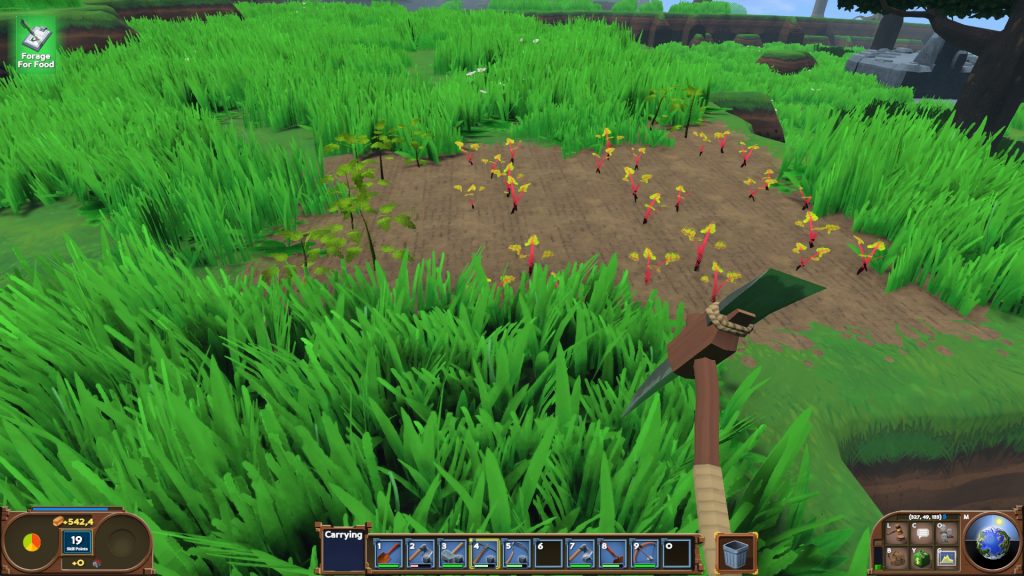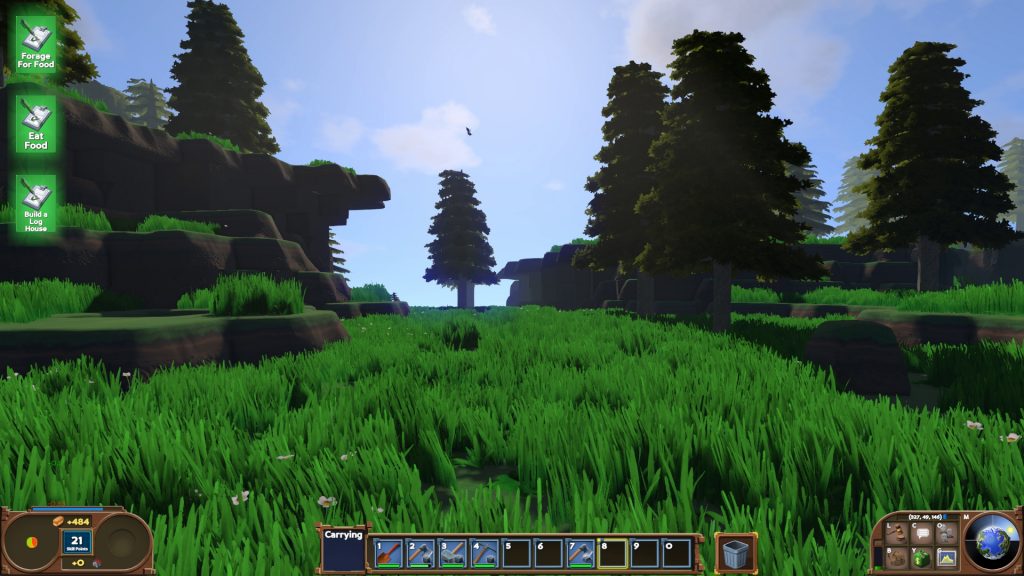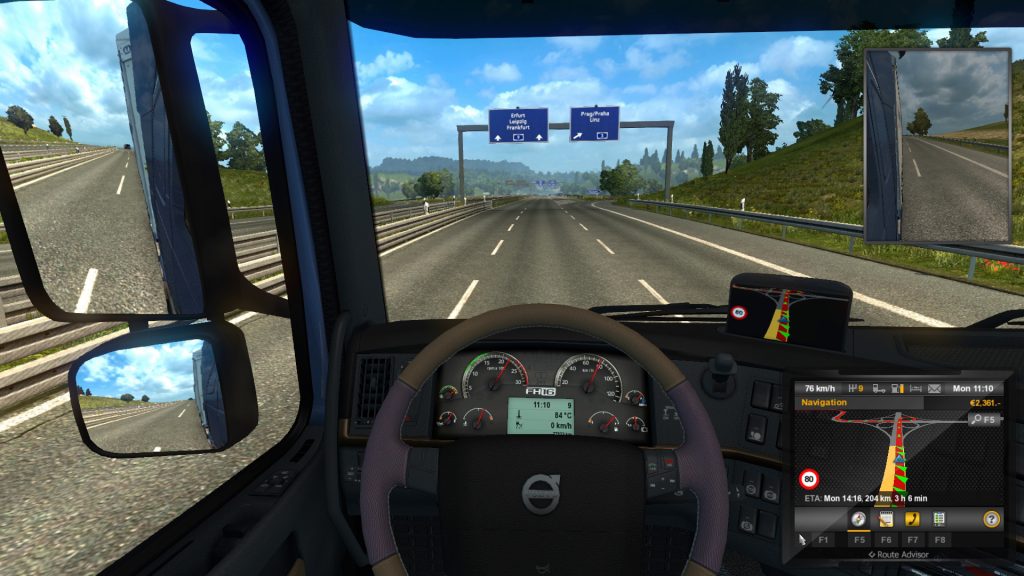Completionist
During my ongoing literature review I often discover interesting facts about things I’ve never thought about. Sometimes I can connect these facts with my own observations: The result is mostly a completely new idea why things are as they are. Maybe these ideas are new to you, too. Therefore I’ll share my new science based knowledge with you!
This week: This time, I think about a specific player type: the completionist. This player type likes to complete or discover every aspect of a computer game.
Every computer game has a specific and limited amount of content. A player can only experience what has been encoded in a game’s game mechanics during the development. Once all information have been revealed during the gameplay, a player has completed the entire game. The content can be a linear story, a selection of race tracks, a variety of puzzles, or a vast open world. In addition, a game can provide an avatar for the player that can be improved by gathering certain currencies, such as experience points, reputation, and skills, or some agents a player can control and improve.
For example, role-playing games like Skyrim allow for the creation of a player’s avatar that gains experience and skill points by interacting with the game world. These points then can be invested in new abilities and general character statistics like strength and endurance. Strategy games like XCOM 2 have a different approach an implement controlable agents that follow a player’s orders. Similar to a player’s avatar, these agents also have properties and skills that can be improved during the gameplay.
Of course, there are also some exceptions to the limited amount of content. Some games implement procedurally generated content that automatically generates new terrain features when a player reaches a certain threshold during the own exploration. However, despite providing and endless stream of new terrain, the environment still consists of a limited amount of building blocks that are just arranged in a different composition.
As a result, a player can reach a status of having completed the entire game when the entire world is explored, every skill has reached the maximum level, all quests are solved, and all agents have reached the highest rank. There is a special feeling about this 100% moment when everything has been achieved. This completionist moment can inspire players to keep playing a game for a very long time just to achieve 100% in every aspect of the game.
However, this of course also depends on the type of the player. Some players just like to experience the core gameplay, others like to experience everything without pushing it to the limits, and then there are the completionists who aim at this 100% moment. With the emergence of achievements, game designers tried to reward those players with specific achievements being rewarded for exploring every part of a virtual world or reaching the highest level in every stat. This of course might have inspired more players to invest the time and hence play the game for an increased amount of time, but it does not provide the same rewarding feeling. The reason for this lies in the fact that achievements are targeting an extrinsic motivation whereas being a completionist is an intrinsic motivation.
Personally, I always enjoyed trying to complete entire games and seeing/maximizing everything. The moment of having finished everything can be compared to an epic win. Suddenly, after having invested a lot of work, a moment is reached that everything is done. It is a feeling of having achieved something very important one has worked for over a very long time.
The fascinating thing about computer games is that they can motivate, inspire, and reward us in so many different ways. At the same time, they also tell us what kind of personality we have.



